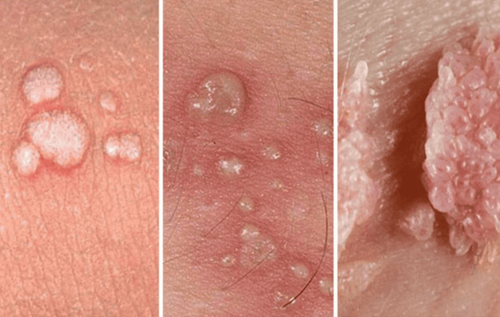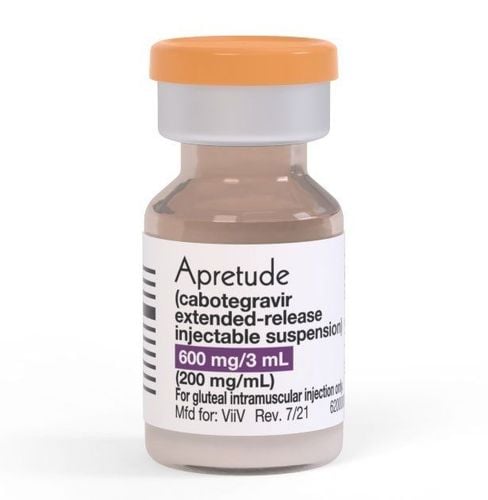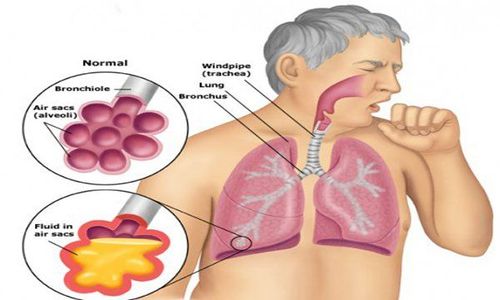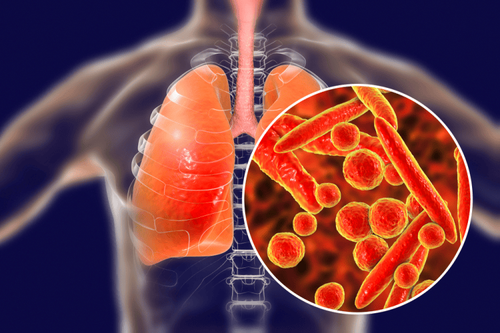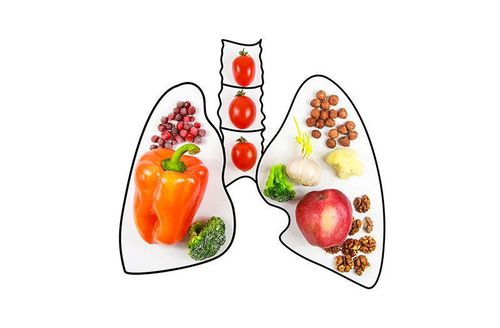This is an automatically translated article.
Tuberculosis is an infectious disease with a high rate of infection if you work, contact and live with sick people often. People with pulmonary tuberculosis usually have to take medicine for 6-9 months, or even longer than 12 months. So how long does it take to take TB medicine to stop spreading and why does the disease take so long to treat?
1. What drugs should people with pulmonary tuberculosis take to treat?
When diagnosed with pulmonary tuberculosis, the patient is usually prescribed by a doctor to take medicine to control the cough and treat the disease. Usually TB drugs will be prescribed by a doctor, based on the disease status, age, and living habits of each person. You will need to take different antibiotics orally in combination, which will be better at killing all TB germs and preventing them from becoming resistant.
The most common drugs used to treat TB include:
Isoniazid Rifampin Ethambutol Pyrazinamide The duration of treatment for pulmonary TB is usually 6-9 months, depending on the type of regimen used.
2. How long does it take for tuberculosis to stop spreading?
Although the treatment period is quite long, the patient will feel better, cough and no longer be able to infect others after only about 2 weeks of taking the drug. However, it takes a minimum of 6 months or longer for the TB bacteria to be completely eliminated from the body.
The use of drugs to treat tuberculosis, not only to control coughs but more than to completely eliminate TB bacteria. When this bacteria is completely eliminated, the new patient is not at risk of re-infection and the people living or in close contact are not at risk of infection.
Therefore, patients taking TB medicine must always adhere to the correct time to take the medicine, even after the cough is gone, they still need to take more. This prevents symptoms from recurring and reduces the risk of TB bacteria becoming resistant to the drug.
Once the TB bacteria survive, flare up again and mutate to become resistant. At this time, the disease will be more serious, prolonged and more difficult to treat. When TB is drug-resistant, that is, old drugs no longer work, patients must take new drugs for longer, higher prices with more serious side effects.
In case if the disease progresses to become multi-resistant TB, it will be very difficult to treat, the rate of complete cure is almost impossible.
Note that, after the treatment period is over, the patient needs to be re-examined to make sure the TB bacteria are no longer in the body.
3. Special considerations when taking drugs to treat tuberculosis
The fact that the patient recovers quickly or takes a long time to recover is also part of the medication plan. Because this will affect the treatment process. Therefore, patients need to pay attention to the following issues:
Take the medicine at the same time every day. To avoid forgetting you can set a daily reminder alarm. If you forget to take your TB medicine for 1 day, skip that dose and take the next dose according to your treatment regimen. Visit your doctor regularly and report any side effects you are experiencing to your doctor. Avoid drinking alcohol while being treated for tuberculosis, because alcohol or beer can increase the side effects and toxicity of the drug. In the long run, it will affect the body's liver cells. After each drug is exhausted, the patient needs to have regular check-ups. In addition to medication, patients should also pay attention to diet, living, and maintaining a healthy lifestyle so that the disease can be completely cured soon. During the course of illness and medication, you should minimize contact with other people to minimize the risk of spreading the disease to the community. In short, after taking the drug for about 2 or 3 weeks, a person with TB may no longer be able to spread the TB bacteria to others. At this point, the patient can return to work and normal activities but still need to take medication and follow the instructions of the specialist.
Please dial HOTLINE for more information or register for an appointment HERE. Download MyVinmec app to make appointments faster and to manage your bookings easily.




